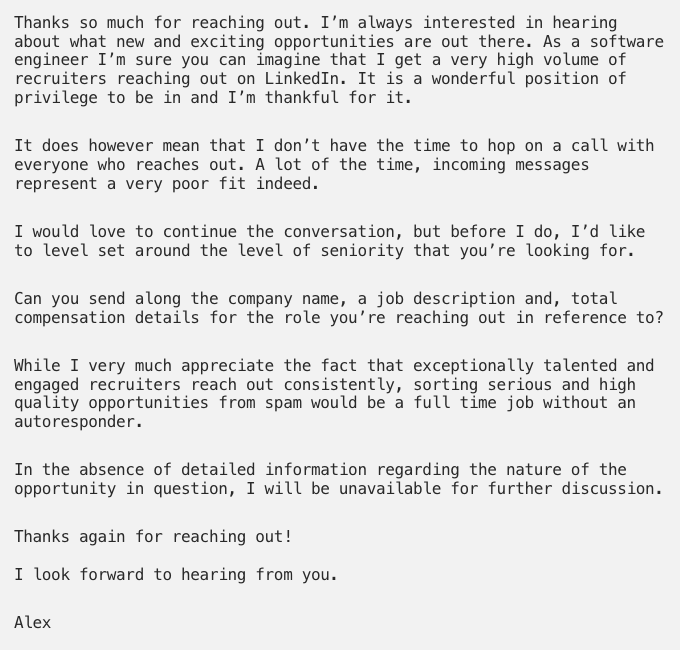Of course, you do! It’s one of the only things people want to talk about right now. How the heck can we hire more people, our competition is killing us for talent?! Then ten minutes later I talk to their competition and they say the exact same thing!
So, I’m going to tell you what a state government is doing to find talent, and most of you will say you can’t do this! By the way, state governments and federal governments are historically awful at hiring! Like the worse in any industry awful! They put tons of unnecessary rules and processes in place that make it almost impossible to hire, and then to fix it they create more rules and processes!
The State of Maryland, though, just broke ranks in government hiring and announced that they will be dropping educational requirements for many jobs that used to require various degrees!
“As an alternative qualification, Maryland will seek out “STARs” (Skilled Through Alternative Routes) — those who are “age 25 or older, active in the labor force, have a high school diploma or equivalent, and have developed their skills through alternative routes such as community college, apprenticeships, military service, boot camps, and most commonly, on-the-job.”
Okay, first, as HR pros, can we realize how funny it is that a state government HR office actually named their new hiring process (STARs) when since forever the most popular behavioral interview process is called “STAR”!? Only in government would you see something like this happen! “Hey, we need to come up with a cool/hip acronym for this new program! Let’s call it STARs!? No one has ever used that before in HR!”
Okay, enough making fun of our peers in Maryland, because this idea makes 110% sense and that is completely against the norm in government hiring and it should be celebrated! Also, thank you to all the tech companies that started doing this five years ago and showed big hiring entities, like governments, that education might be the most over-valued criteria in candidate selection!
Seriously, this is big news! If the great state of Maryland can change in such a major way so can your stupid hiring managers who are demanding degrees for positions that actually don’t need them! I mean, we should be screaming this from the highest hills! Someone actually has common sense in Maryland government! That is no small feat, for a government or a company!
If you are finding it super hard to find qualified talent and using degrees as criteria, eliminating this requirement could really open up your candidate pool, and without losing any quality! It’s called having the right skills to do the job, not a random four-year degree that is almost useless for that job you have open.
Don’t take this as I think education is worthless. I don’t! I love people going through formal education. I will force my three sons to get degrees. Yes, I said force. That’s how highly I value education in my household. So, I do not take the elimination of degrees lightly. I also have seen the light in my own company, as I use to require degrees and stopped and found amazingly talented people that were intelligent and had great learning agility and could perform as well or better than similar folks with degrees.
I also will never allow my family to get surgery from someone who doesn’t have a medical degree! Education still matters in many fields, but it also has no correlation to performance in most professions. So, like Maryland, we adjust and try new things. I think Maryland made the right decision and I really like where this trend is heading for so many people!


